“Your pain, your sorrow, your doubts, your longings, your fearful thoughts: they ar e not mistakes, and they are not asking to be ‘healed.’ They are asking to be held. Here, now, lightly, in the loving, healing arms of present awareness . . .”
e not mistakes, and they are not asking to be ‘healed.’ They are asking to be held. Here, now, lightly, in the loving, healing arms of present awareness . . .”
There is so much pressure on us these days to “feel good.” But it’s exactly our attempts to feel good that can make us feel so bad! Conceiving of happiness as a destination rather than the all-embracing non-dual present awareness that we are, we go to war with our unhappiness and feel shame around it. We split ourselves in two and feel far away from Home. I know—I spent much of my life suicidally depressed. These days I love myself exactly as I am; I see the beauty in my imperfections, and I want to share the secrets of self-love with you.
In my new book, The Way of Rest, through prose and poetry I invite you—and this sounds like a paradox at first—to stop trying to be happy, stop trying to awaken or even “heal,” and instead courageously embrace yourself exactly as you are, including your present unhappiness—your painful feelings, your strange thoughts and longings, even your fear and exhaustion. See them all as perfectly placed pieces of you rather than mistakes or aberrations or signs of your failure.
Today, try this:
If you feel sad or afraid, or feel a tension in your body, just for a moment stop trying to “let go.” Forget about “raising your vibration” too! Instead, simply be with the discomfort. Get curious about it. Soften around it. Breathe into it. Give it space, room, some time. Forget about understanding, “releasing,” or “fixing” it today and just allow it to be here for as long as it needs to be here. Let it stay if it wants to stay. Let it go if it wants to go! Let it come back if it wants to come back. Treat it like a welcome guest in the vast Rest Home of your being, a beloved child that truly belongs.
If you’re tired of the fight, exhausted from the struggle, fed up with trying to “fit in,” I invite you to discover a deeper kind of healing: The Way of Rest.
With love from yourself,





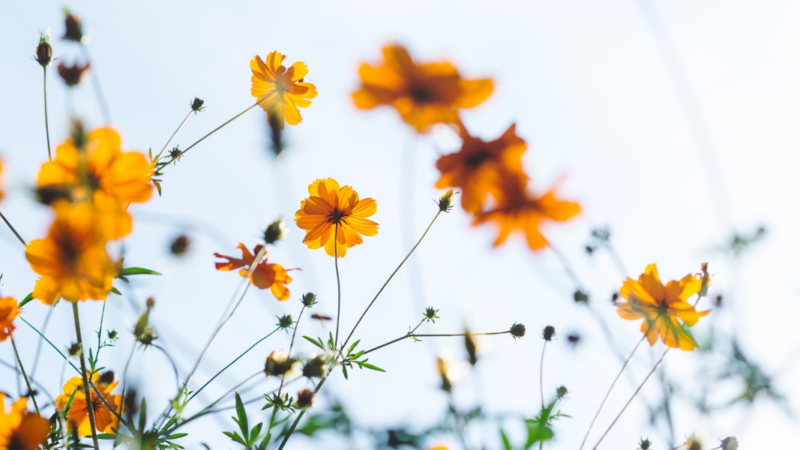
 Jeff Foster
Jeff Foster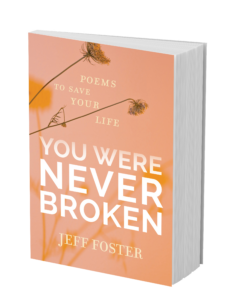
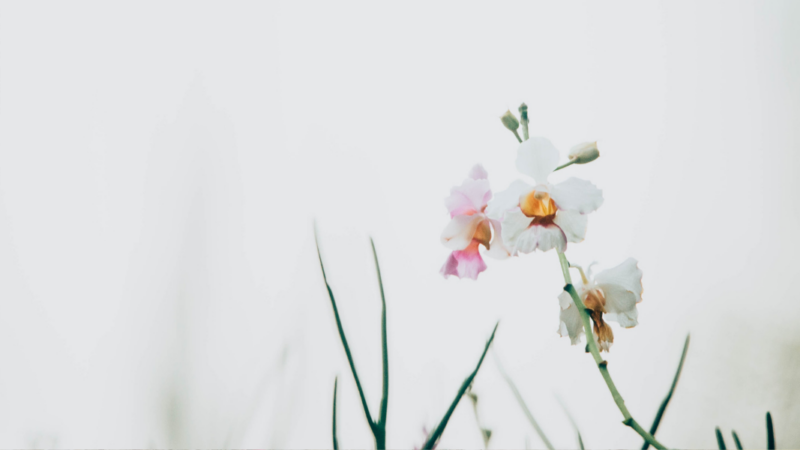
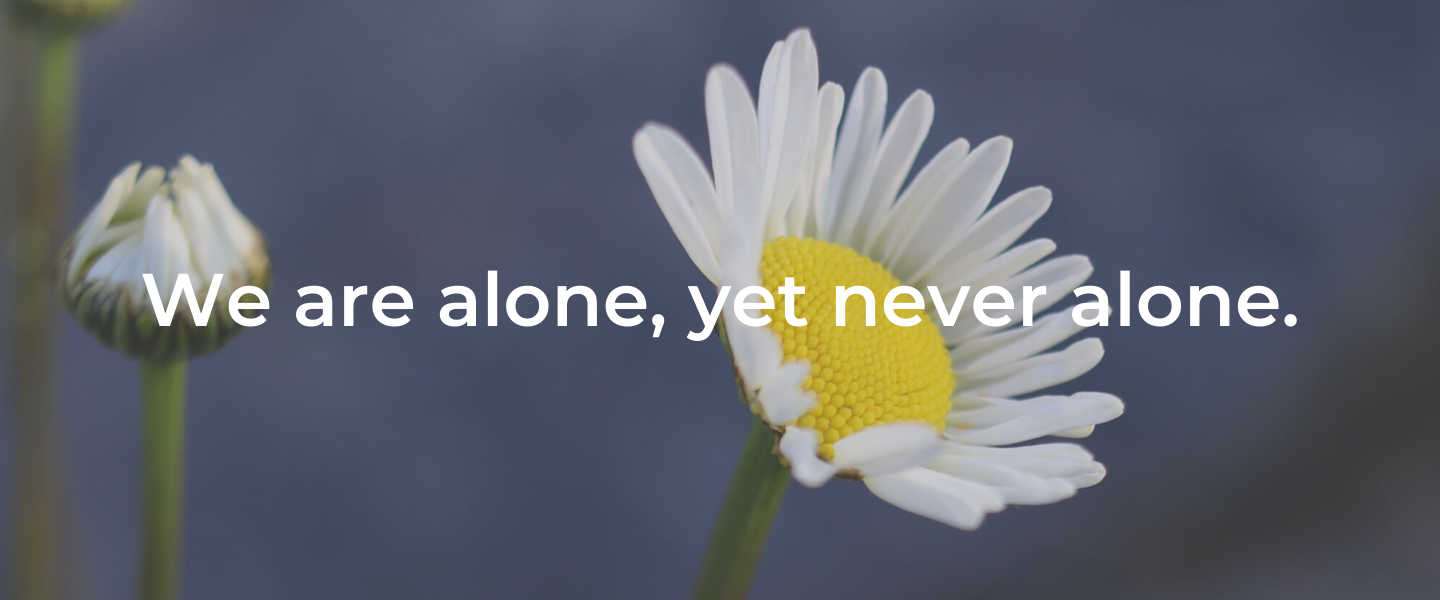
 Jeff Foster
Jeff Foster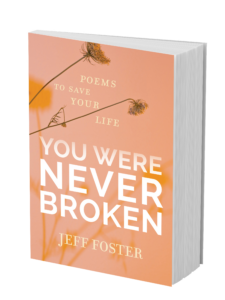
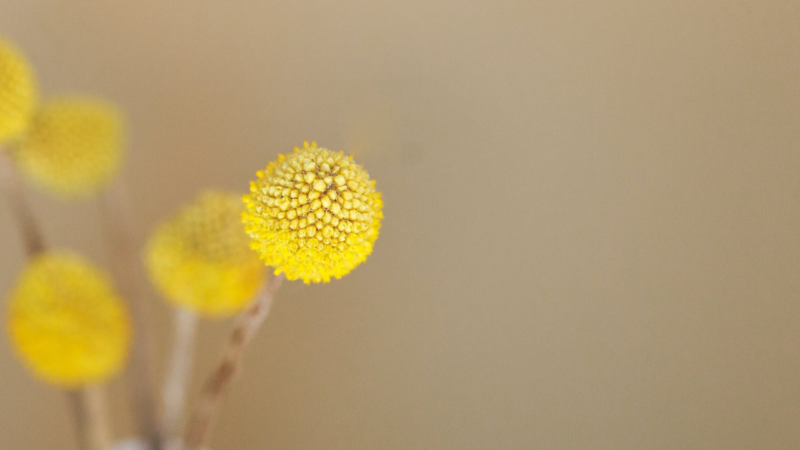



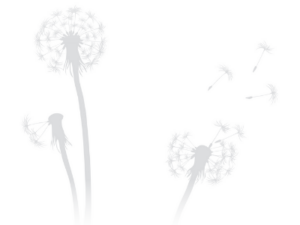
 Jeff Foster
Jeff Foster
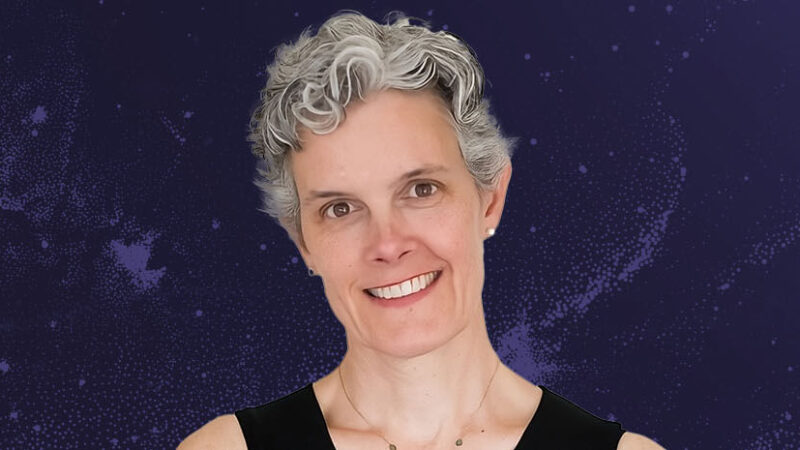



Hi Jeff, Right on!!! Excellent advice. Keep up the good work. This is what I tell my friends and family. It is the truth. Much Love, Stephan
Beautiful Jeff and it feels so true. Like giving yourself a hug.
Wise words indeed